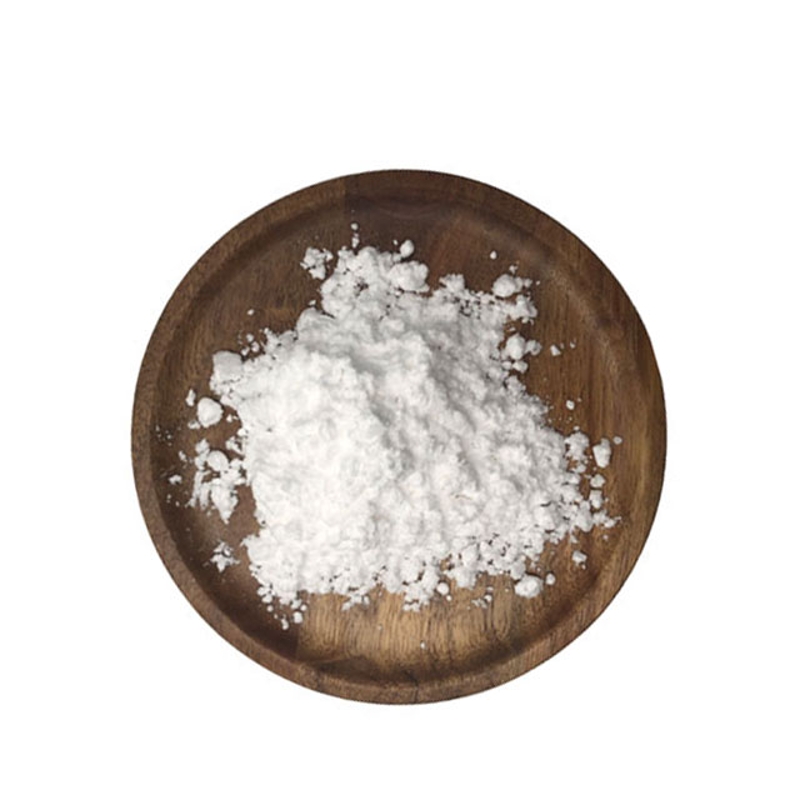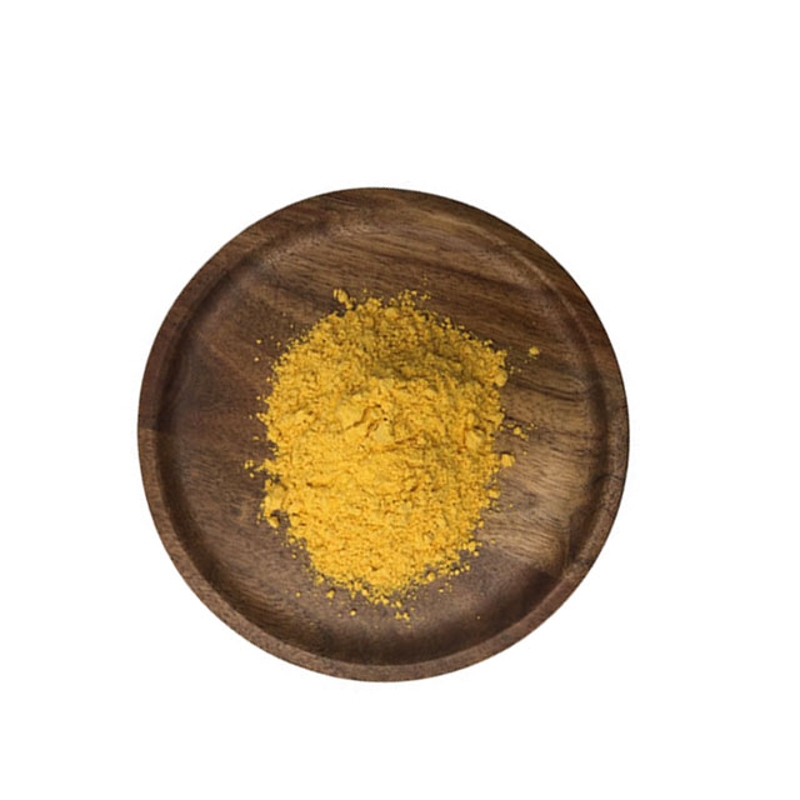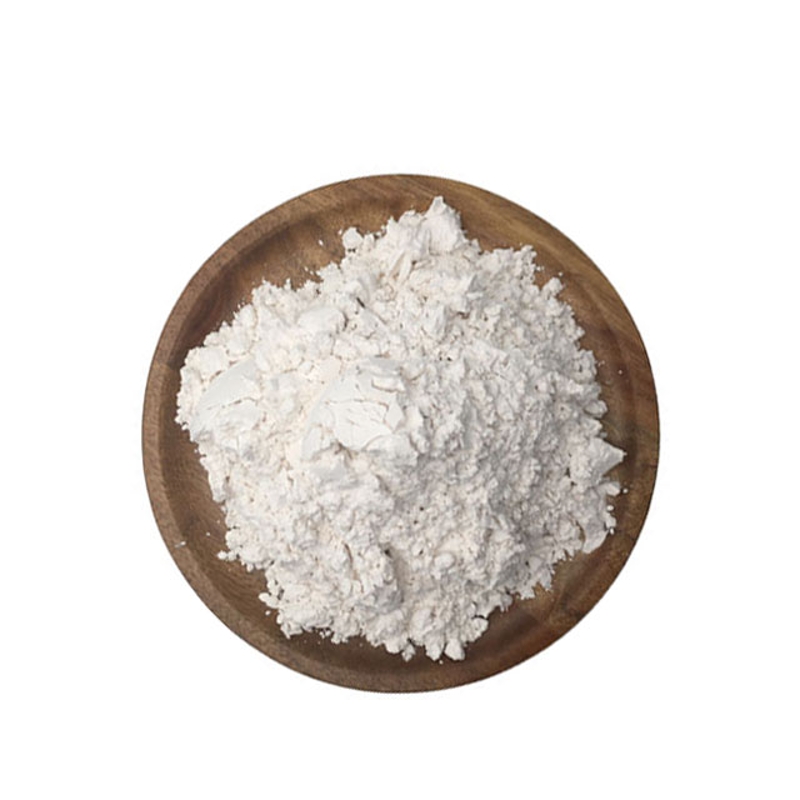-
Categories
-
Pharmaceutical Intermediates
-
Active Pharmaceutical Ingredients
-
Food Additives
- Industrial Coatings
- Agrochemicals
- Dyes and Pigments
- Surfactant
- Flavors and Fragrances
- Chemical Reagents
- Catalyst and Auxiliary
- Natural Products
- Inorganic Chemistry
-
Organic Chemistry
-
Biochemical Engineering
- Analytical Chemistry
- Cosmetic Ingredient
-
Pharmaceutical Intermediates
Promotion
ECHEMI Mall
Wholesale
Weekly Price
Exhibition
News
-
Trade Service
Written | Edited by Wang Cong | Typesetting by Wang Duoyu | Shui Chengwen Neutrophils are the most abundant innate immune cells in the human body's circulation, and are the first line of defense against infection
.
Neutrophils can eliminate malignant cells through direct cytotoxic effects on tumor cells, antibody-dependent cytotoxicity, and recruitment of other anti-tumor effector cells
.
In addition, neutrophils can release cytotoxic substrates to mediate the killing of tumor cells, activate apoptosis signaling pathways, directly promote tumor cell death, and produce broad-spectrum factors that inhibit tumor cell proliferation
.
Therefore, a better understanding of the antitumor activity of neutrophils will provide previously unknown approaches to cancer therapy
.
Exosomes are vesicle-type natural biological particles secreted by cells and play a role in communication between cells
.
Recent studies have shown that exosomes derived from immune cells have potent antitumor activity similar to their producing cells
.
Previous studies have also used neutrophil-derived exosomes (N-Ex) to treat arthritis and sepsis
.
However, the role of N-Ex in cancer therapy has not been fully explored, mainly due to the short half-life of neutrophils and its low exosome production
.
On January 12, 2022, Zhang Xu's team from Jiangsu University School of Medicine published a research paper entitled: Engineered neutrophil-derived exosome-like vesicles for targeted cancer therapy in Science Advances, a sub-journal of Science
.
The paper was also selected as the cover paper of the current issue
.
This study developed a simple and efficient engineered neutrophil-derived exosome (N-Ex) and neutrophil-derived nanovesicle (NNV) as a safe and effective drug for tumor therapy delivery vehicle
.
The research team induced tumor cell apoptosis by delivering cytotoxic proteins and activating the caspase signaling pathway through neutrophil-derived exosomes (N-Ex)
.
In addition, the research team also modified neutrophil-derived exosomes (N-Ex) with superparamagnetic iron oxide nanoparticles (SPIONs) to achieve higher tumor-targeted therapeutic effects
.
Exosome-like nanovesicles (NVs) have been proven to be a convenient and reliable nano-delivery vehicle, and the research team further fabricated high-yield nanovesicles from neutrophils
.
The efficacy of such neutrophil-derived nanovesicles (NNVs) as drug delivery vehicles was then tested
.
Compared with liposome-delivered broad-spectrum anticancer drug doxorubicin, NNV-delivered doxorubicin showed better tumor suppressive effect
.
In addition, neutrophil-derived nanovesicles (NNVs) loaded with doxorubicin and modified with superparamagnetic iron oxide nanoparticles (SPIONs) selectively accumulated in tumor sites under the action of an external magnetic field, which could effectively inhibit tumor growth.
And increase the survival rate and time of mice
.
Overall, this study developed a simple and efficient method for the production of neutrophil-derived nanovesicles.
The research team isolated exosomes from peripheral blood neutrophils of healthy donors and showed that this Neutrophil-derived exosomes (N-Ex) are cytotoxic to tumor cells by activating the apoptosis signaling pathway
.
The research team also developed a rapid magnetic separation method to isolate exosomes from neutrophils and endow N-Ex with dual tumor targeting capabilities (biological targeting and magnetic targeting), greatly improving its therapeutic effect
.
In addition, the research team also fabricated neutrophil-derived nanovesicles (NNVs) in high yield as new delivery vehicles for chemotherapeutic drugs
.
Through this strategy, superparamagnetic iron oxide nanoparticles (SPIONs)-modified, doxorubicin-loaded NNVs achieved a dual therapeutic effect (the chemotherapeutic drug doxorubicin and NNV itself), almost completely eliminating tumor growth in mice
.
Paper link: https:// Open for reprinting, welcome to forward to Moments and WeChat groups







